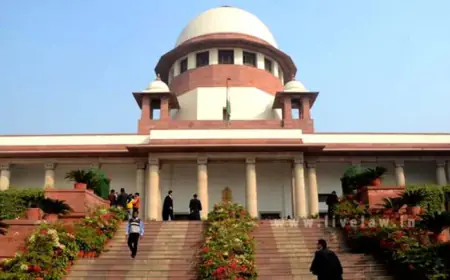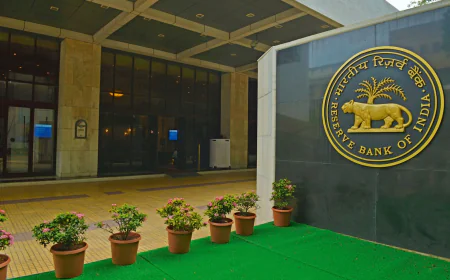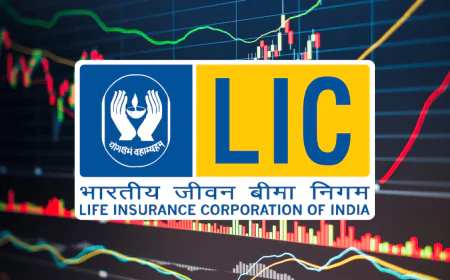Code of Ethics for Digital News Websites of Sangri Times:
The basic precepts of the Code of Ethics are to maintain the standards of digital publishing and protect and maintain the independence of journalists, content entities, and publishers. Sangri Times follows the voluntarily drawn up Code of Ethics for its members as outlined below, demonstrating its commitment to responsible digital publishing. The Code of Ethics outlines high standards, ethics, and practices in digital news publishing, and does not attempt to involve itself in the day-to-day operations of the publishers who have complete editorial and content independence. The Code includes the following principles:
-
Compliance with Laws: Digital news websites follow the laws of the land, including the Constitution of India, the over 30 laws relating to the media, relevant provisions of IPC, CrPC, as well as the Information Technology Act, 2000, where applicable.
-
Adherence to Journalistic Ethics and Practices: Digital news websites diligently adhere to accepted norms of journalistic ethics and practices and maintain the highest standards of professional conduct.
-
Accuracy, Transparency, and Fairness: Members should avoid publication of inaccurate, baseless, or distorted material. Pre-publication verification should be mandatory, and defamation should be avoided. Adherence to applicable laws and rules is necessary.
-
Right of Reply: News reports and articles should incorporate comments or versions of the person or party in respect of whom allegations are carried. If not carried, the person or party’s response, if received later, should be incorporated. If there are developments in the news, and the concerned person or party requests an update, the same must be carried appropriately. The date of the update should also appear in the news item published.
-
Take down, delete or edit: If a news report or article is found to contain false or inaccurate information, then on approach by the concerned person or party, providing correct information, identifying himself or herself, providing required documents or material, the portion of the news report or article should be edited or deleted. If the entire news report is found to contain false, inaccurate information, the entire article should be deleted.
-
Respect Intellectual Property Rights: Copyright in text, photographs, plans, diagrams, cartoons, etc., must be respected. If copyrighted material is used, then prior permission should be taken, and publication must acknowledge moral and ownership rights. If permission requires payment of a fee or royalty, the same must be paid. Trademarks and Service Marks of third parties not to be used except with prior permission or if such use constitutes fair use. In case of infringement of intellectual property, upon receiving any request and after getting the necessary documents, the concerned content should be edited, deleted or taken down if necessary.
-
Sensational Matters and Crime Reporting: Special care should be taken for reporting sensational matters and crime. Presumption of innocence must be preserved. Comments and speculation on evidence, witness and witness conduct, accused and victim and their respective conduct should be avoided. Such reporting should be based on facts and unbiased.
-
Reporting on Sensitive Issues: Special care should be taken while reporting on sexual harassment in the workplace, child abuse, rape, where accused or victims are minors, matrimonial, riots and communal disputes/clashes, divorce and custody cases, adoption matters, etc. Care should be taken to follow Sections 67, 67A, and 67B of the Information Technology Act, 2000, where applicable, which provide for penalties for publishing or transmitting obscene material, sexually explicit material, and also material depicting children in sexually explicit acts, in electronic form.
- Grievance Redressal Mechanism: Members, when intermediaries as defined under the Information Technology Act, 2000, follow the grievance redressal mechanism as outlined therein and are cognizant of the liabilities.
- Advertising and Sponsored Content Members should clearly distinguish between news and opinion and advertising and sponsored content. Advertisements or sponsored content should be clearly labelled as such and not be presented as news or editorial content. Members should avoid accepting advertising that is incompatible with their journalistic mission and the principles of this Code.
-
Confidential Sources and Whistleblowers Members should protect the identity of their confidential sources and whistleblowers. Members should use caution in dealings with sources who may be vulnerable to prosecution, reprisal, or physical harm. Members should respect the terms of any agreement made with a confidential source or whistleblower, including promises of anonymity.
-
Diversity and Inclusion Members should strive to reflect the diversity of the communities they serve in their news coverage and their editorial staff. Members should avoid stereotyping or marginalizing individuals or groups based on their race, ethnicity, gender, sexual orientation, religion, or any other characteristic.
-
Correction and Clarification Members should promptly correct errors of fact, clarify any ambiguity in their reporting, and provide an opportunity for affected parties to respond. Corrections and clarifications should be prominently displayed and accessible to readers.
-
Accountability Members should be accountable to their readers, viewers, and listeners. Members should provide a clear and accessible means for readers to contact them with concerns or complaints, and should respond in a timely and respectful manner. Members should also be willing to accept criticism and take appropriate steps to address legitimate concerns.
In conclusion, Sangri Times commits to following this Code of Ethics for Digital News Websites in order to maintain the highest standards of professional conduct and journalistic integrity, while also protecting and maintaining the independence of journalists, content entities, and publishers.




















.jpg)





















































